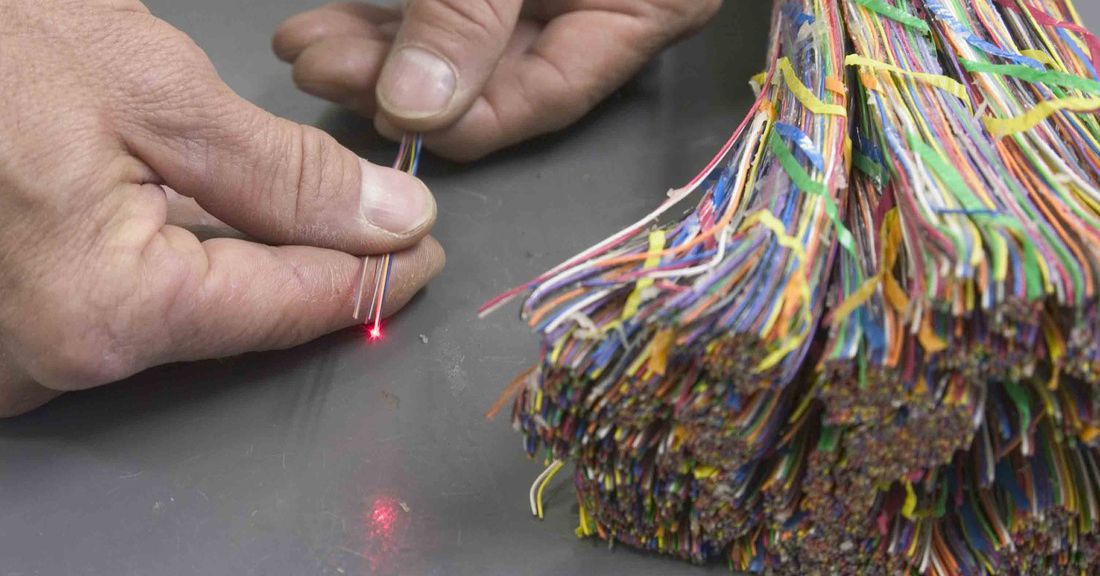
Late last year, Republican FCC Commissioner Brendan Carr got an “earful” from remote Alaskan residents who were concerned with how poor their access to the internet is — and they weren’t wrong. Alaska has, on average, some of the slowest internet connections in the country, primarily due to its distance from the rest of the continental United States.
But remote Alaskans may see faster speeds soon. MTA Fiber Holdings announced today that it would build the “first and only all-terrestrial” fiber optic network running from Alaska and into the Lower 48. The line will begin in North Pole, Alaska and will travel through Canada, connecting with Canadian carriers, where it will finally connect with “any major hub” in the US. A vast majority of Alaska’s current connections to the global internet either run through a handful of submarine cables, satellites, or wireless connections.
“This is a major step for Alaska that will ensure future capacity requirements for MTA members and can support the continuing growth of broadband across the state of Alaska,” MTA CEO Michael Burke said in a statement.
According to the press release, only internet traffic that both originates and terminates in the US will be carried over the network.
This new fiber optic network will have the initial capacity to deliver 100 terabits per second. In a press release, MTA said this delivery rate will be able to increase in the future. Burke said that construction has already begun and the network is expected to be completed sometime next year.
“Alaska’s leaders have talked about a terrestrial fiber optic path out of the state for more than 20 years. We are pleased to be the ones to be able to make this a reality,” Burke said. “This will be a major win for the people who live, play and work in Alaska, supporting business, job growth, and ultimately, the state’s economy.”
https://www.theverge.com/2019/5/1/18525866/alaska-fiber-optic-network-cable-continental-us-100-terabit

